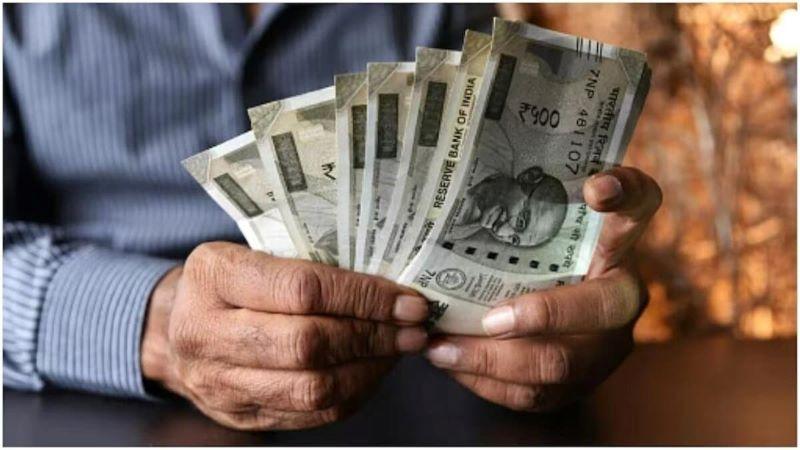
- devara
- 23 Jan 2025 08:31 AM
- Budget 2025, middle class tax relief, financial literacy
With the Modi government set to present its second full budget for the third term in power, the middle and lower-income groups across India are hopeful for key reforms that could alleviate their financial burdens. The anticipated reforms in Budget 2025 include tax relief measures, simplification of income tax laws, and a focus on financial literacy, insurance, and retirement savings.
Key Expectations from Budget 2025
-
Insurance Sector Reforms: Dhirendra Mahyavanshi, co-founder and CEO of Turtlemint, suggests that the government should prioritize reforms in the insurance sector. These include reconsidering the 18% GST on health insurance policies and providing tax relief for annuity and pension products. Such reforms could encourage greater financial inclusion and security for the middle class, particularly in rural areas.
-
Financial Literacy and Retirement Planning: Financial advisor Viplav Majumdar emphasizes the importance of making financial education accessible to all. He advocates for government policies that promote financial planning and literacy, especially for lower- and middle-income groups. Furthermore, Majumdar recommends expanding incentives for retirement savings, particularly through schemes like the National Pension System (NPS).
-
Tax Relief Measures: A major expectation from the middle class is an increase in the basic income tax exemption limit under the new tax regime. The government is expected to raise this limit from Rs 3 lakh to Rs 5 lakh. In addition, tax relief for lower-income groups could be enhanced with adjustments in deductions for health insurance, home loan interest, and investments under Section 80C.
-
Simplification of Tax Systems: Experts like Asit C. Mehta and Rakesh Nangia are calling for a simplification of the income tax return (ITR) forms and the rationalization of capital gains tax and tax deduction at source (TDS) thresholds. Nangia suggests that the basic exemption limit should be increased to Rs 10 lakh to support salaried individuals who are currently burdened by inflation and complex tax filings.
-
Increased Standard Deduction: There are also expectations for an increase in the standard deduction from Rs 75,000 to Rs 1.25 lakh under the new tax regime. This change would provide additional cash in the hands of middle-class taxpayers, boosting disposable income and potentially stimulating consumption in the economy.
Impact of Potential Reforms
The middle class is hoping that these reforms will reduce their tax burden, enhance financial security, and simplify their financial management. With inflation and rising living costs, tax relief and financial reforms could go a long way in improving the quality of life for India’s middle and lower-income groups.






































